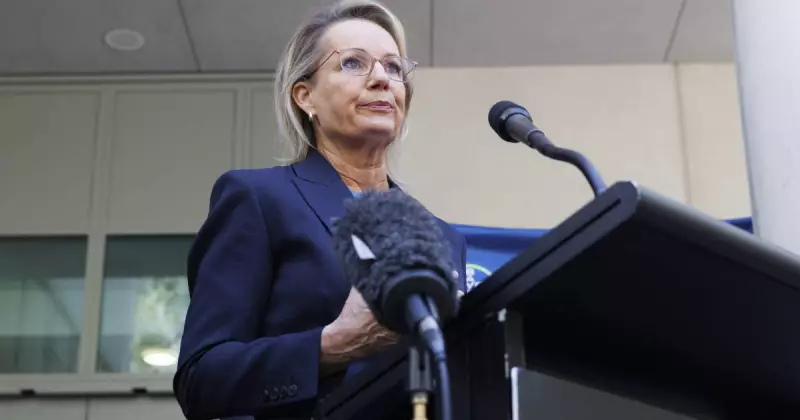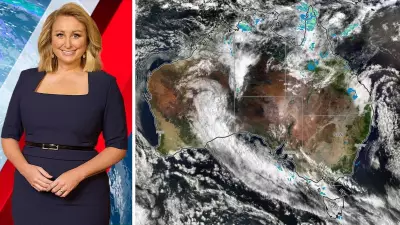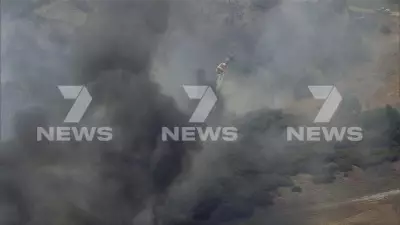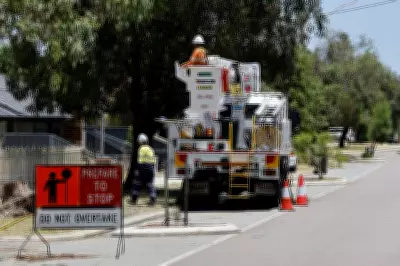
Political Clash Over Environmental Reform Timeline
The Albanese government is facing significant political resistance as it attempts to push through its controversial environmental legislation during Parliament's final sitting week of the year. Opposition Leader Sussan Ley has called for a slowdown of the proposed laws, warning against rushing what she describes as vital reform that could risk failure if not properly examined.
Despite a Senate inquiry not due to report until March 2025, the government has listed the Environmental Protection Reform Bill 2025 and six related bills for consideration next week. This accelerated timeline has drawn sharp criticism from the Coalition, which is seeking what it calls "sensible amendments" to the proposed legislation.
Key Points of Contention in Environmental Legislation
The proposed laws represent the most significant overhaul of Australia's environmental approval system in decades. The legislation aims to establish a new federal Environmental Protection Agency and reform how major projects are assessed and approved across the country.
The Coalition has outlined several key amendments it believes are necessary for the legislation to be workable:
- Scaling back the power of the proposed EPA to ensure the minister retains final approval authority for major projects
- Clarifying definitions of "net gain" and "unacceptable impact" within the legislation
- Reducing emissions reporting requirements for large projects, which the Opposition fears could create a de facto climate trigger
- Tightening the grounds for the EPA to issue environment protection orders
- Softening penalties for breaches of environmental laws, which the Coalition considers excessive
The government has explicitly ruled out including a climate trigger in the legislation, despite this being a key demand from the Greens. A climate trigger would require projects to be assessed against their impact on global warming.
Crossbench Negotiations and Political Stakes
The government requires support from either the Greens or the Coalition to pass the legislation through the Senate. Treasurer Jim Chalmers has indicated the government prefers to reach agreement with the Coalition, stating it would be beneficial if "the major governing parties are able to get an outcome here."
However, the Greens have expressed strong opposition to the current form of the legislation. Greens environment spokesperson Sarah Hanson-Young condemned the proposed laws as containing numerous loopholes that would fail to protect native forests, threatened species, and the climate.
"It's the exact opposite to what an environment law reform should look like in 2025," Senator Hanson-Young stated, criticizing the government for pursuing a deal with "the party that doesn't even believe in climate change."
Ms Ley has positioned the Coalition as negotiating in good faith, stating: "We remain constructive and are seeking a path through that delivers for industry, jobs, communities and the environment." She emphasized that Australia needs "good environmental laws, not political shortcuts disguised as reform."
The outcome of these negotiations will have significant implications for environmental protection, business certainty, and Australia's approach to climate change and development approvals for years to come.





